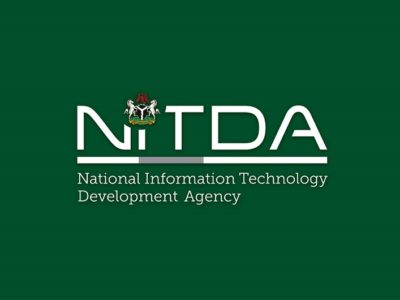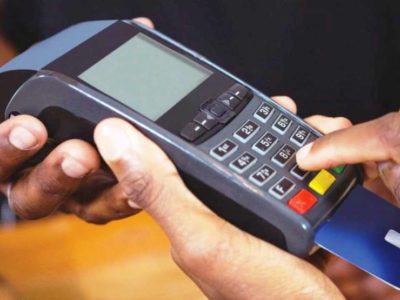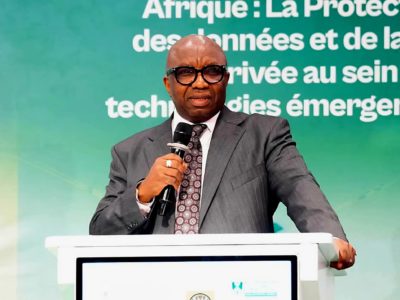In a bold move to combat poverty and promote transparency, the Ministry of Humanitarian Affairs and Poverty Reduction, led by Professor Nentawe Goshwe Yilwatda, has unveiled plans to enhance digital identity registration for Nigeria’s most vulnerable citizens.
RELATED: Nentawe Yilwatda: Time for a data-driven revolution to lift over 100m Nigerians out of poverty
The ministry recently held a meeting with the National Identity Management Commission (NIMC) led by Director General, Abisoye Coker-Olusote. Both parties focused on providing digital identities to the 15 million households targeted under the conditional cash transfer program of the Social Safety Nets.
Expanding Digital Identity for Effective Targeting
RELATED: Nentawe Yilwatda: Time for a data-driven revolution to lift over 100m Nigerians out of poverty
“The target of the president is to reach 15 million households, each averaging four to five people. We are discussing roughly 70 million individuals with ₦75,000 per person in 2025,” said Yilwatda.
This strategy hinges on robust, transparent data systems to identify the country’s most vulnerable citizens, mitigate corruption, and ensure funds reach the intended recipients.
Conditional Cash Transfers: A New Era of Accountability
Yilwatda disclosed that between October and December of the previous year, the ministry disbursed the first tranche of Conditional Cash Transfers to five million households nationwide. The second and third tranches were distributed to 1.4 million households each.
The reduction in beneficiaries stems from new presidential guidelines requiring digital identification (NIN) before payments are made. “The president has directed, based on CBN’s new regulations, that before any payment is made to an individual or household, they must have a digital identity we can trace. That is the NIN number,” he explained.
Currently, only 1.4 million individuals in the Ministry’s poverty database possess NINs. The Ministry is partnering with NIMC, deploying resources, and leveraging World Bank-supported programs to enhance data capturing efforts.
Leveraging Technology for Sustainable Growth
Yilwatda, a former lecturer and technology expert, emphasised the importance of using digital tools to address poverty’s multidimensional nature. “Poverty must not be viewed as just a cash-dependent issue. We need to treat those affected as key data points, not mere statistics,” he told IT Edge News.Africa.
Climate Change and Insurgency: Addressing Root Causes
The Minister highlighted the impact of climate change on poverty, citing widespread flooding and desertification that have destroyed farmlands and exacerbated food insecurity.
“Many communities, from Borno to Zamfara, were devastated by flooding. In the far north, desertification and poor rainfall have significantly impacted crop production,” he noted. These environmental challenges, coupled with a lack of farm insurance, have deepened poverty and malnutrition.
Despite these issues, Yilwatda reported progress in reclaiming farmland and rebuilding insurgency-affected communities. “More farmlands are becoming accessible, and we are seeing improvements in food security and livelihoods in some areas,” he added.
A Vision for 2025: Transparency and Impact
Yilwatda’s focus on transparency, technology, and collaboration underscores his approach to reducing poverty sustainably. By integrating digital identities with humanitarian aid, the ministry aims to create a more accountable and impactful poverty reduction program.
“This initiative reflects the government’s commitment to addressing poverty through innovation, efficiency, and a focus on the most vulnerable,” Yilwatda concluded.





























